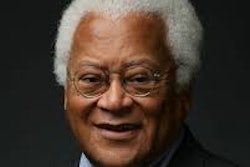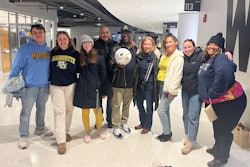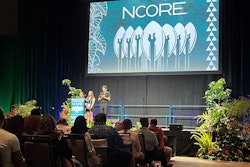Community colleges are designed to serve and meet the needs of the communities where they reside. That’s why Hudson County Community College (HCCC) has decided to offer a certificate of proficiency in social justice and an A.S. degree in Human Services, Social Justice Advocacy.
“We provide an education for a diverse group of people, and many of them are part of groups that have been experiencing social injustices,” said Dr. Denise Rossilli, an associate professor and coordinator of the human services program at HCCC. “We felt that it was a need of our community to empower them with the education to help reform these inequities and give them the tools needed to do this.”
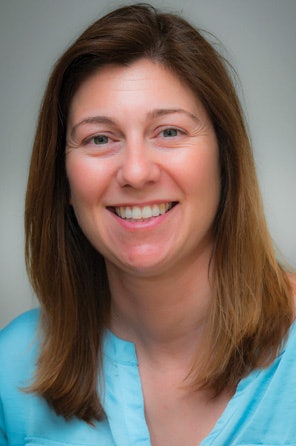 Dr. Denise Rossilli, associate professor and coordinator of the human services program at Hudson County Community College.
Dr. Denise Rossilli, associate professor and coordinator of the human services program at Hudson County Community College.
The careers that can come from the certificate and degree programs at these two institutions vary from positions in civic leadership, community organizations and human services, to the continuation of study at a four-year college. Regardless of where the students take their newly honed skills, experts believe that lessons learned in the classroom will lead to the betterment of their communities.
In Hudson County, NJ, where HCCC is located, 43% of residents were born outside of the U.S. Fifty-eight percent of residents are non-native English language speakers, and 16% of residents live below the line of poverty. Rossilli said many of her students come from a lower socioeconomic status. Just under three quarters of students receive some kind of financial aid. Fifty-five percent of the students at HCCC are Latinx and 13% are Black.
“[These students] have experienced social injustices in various forms during their lives—giving them his major and education helps empower them to make changes so others will not experience what they have,” said Rossilli. “HCCC has two overarching institutional priorities of student success and diversity, equity, and inclusion. The Social Justice Advocacy option and certificate really ‘live’ both of these priorities.”
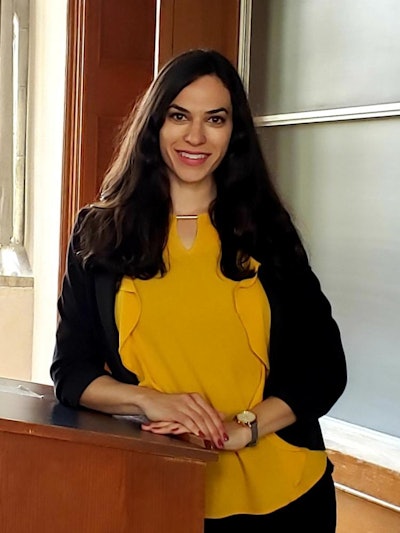 Dr. Nicole Jacoberger, assistant professor of history and co-coordinator of the diversity and social justice A.A. degree at Camden County College.
Dr. Nicole Jacoberger, assistant professor of history and co-coordinator of the diversity and social justice A.A. degree at Camden County College.
“Offering programs such as diversity and social justice is the change that higher education needs to resonate with individuals questioning its value,” said Samara. “Colleges and universities should urge individuals to question the status quo and re-conceptualize social norms.”
Rossilli credits a strong institutional support of diversity, equity and inclusion initiatives for the creation of HCCC’s new program—enrollment opened in fall 2022 and students are increasingly registering for the major and its associated courses. One of her students, Rossilli said, is already utilizing skills from these courses as an intern at a transgender advocacy organization. Rossilli added that she will work to build further relationships with community organizations to create more opportunities for internships.
“With the numerous social justice inequities becoming more apparent and discussed, it is important for us to give people the knowledge needed to combat these issues in appropriate ways that will not just bring attention to the matters but bring about change,” said Rossilli. “We not only improve the lives of our students through offering them an opportunity at the social mobility that education can offer, but they then enter communities to elevate oppressed and marginalized groups.”







